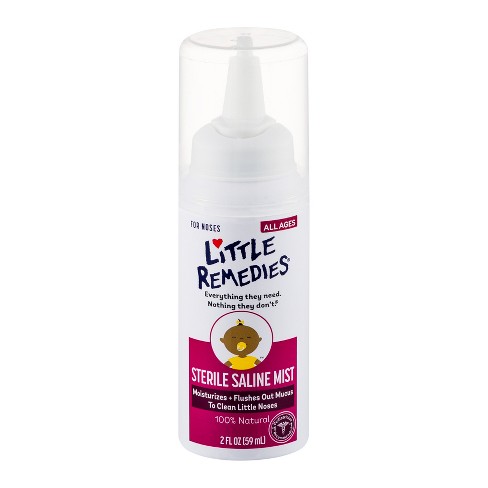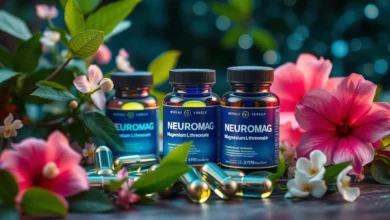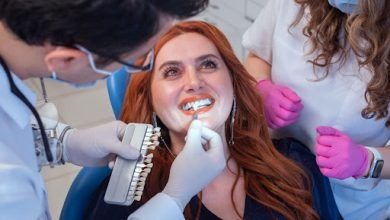Evaluate Your Sinus Congestion: Symptoms, Treatment and Facts
Types of Sinus Congestion
- What type of congestion are you dealing with?
- What does your nasal congestion seem like?
- What can it be doing?
Let us go through the possibilities.
- Do you have a runny nose?
- It might possibly be described as a cold.
- It might be allergies.
Can be your head stuffed, making it difficult to breathe through your nose?
- It might be described as a cold.
- It might possibly be considered a sinus infection (sinusitis).
- It might function as the flu.
In case you have Drainage, what Color will it be?
- Green or yellow: This color indicates an infection – however, this does not mean it’s caused by bacteria. Viral infections may also cause discolored mucus. See your doctor, but you may not necessarily need antibiotics. It might be chamomile.
- Clear and thin: It’s is probably that a cold, the flu or allergies.
- Thick and white or cloudy: it’s most likely a viral infection, such as for example being a cold or also the flu.
- Blood-streaked: that is usually caused by ruptured blood vessels inside the nose. It might occur as a result of sterile nasal membranes or by blowing your nose too aggressively. Look at additional symptoms to find out whether or not you should see a doctor.
Do you have pressure in your face and eyes?
- It’s probably a sinus infection (sinusitis).
- It might be allergies.
- Medications for Sinus Congestion
Which treatment is right for you?
There are two primary categories of medications to treat different types of sinus congestion. They have been known as antihistamines and decongestants.
Antihistamines
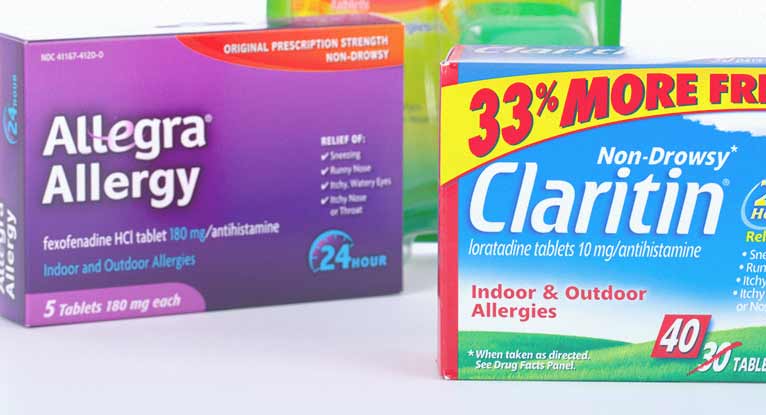
Antihistamines can be used for a runny nose. They help to dry the nasal congestion and slow down the nasal drips. Antihistamines are most commonly used to treat seasonal allergies.
Should You Require Allergy Medications for Cold Symptoms?
Some common antihistamines include Benadryl (diphenhydramine), Claritin(loratadine), Zyrtec along with Allegra.
Decongestants

Decongestants can be used for this stuff, full feeling on your head. They reduce the swelling on your nasal passages that allow mucus to drain. Some common decongestants include Sudafed (pseudoephedrine) and also Sudafed PE (phenylephrine).
Many medications combine these decongestants or antihistamines along with different medications to make multi-symptom treatments. They have been sold under numerous names.
Treating Sinus Congestion Without Medications
1. Clean your toenails without medication.
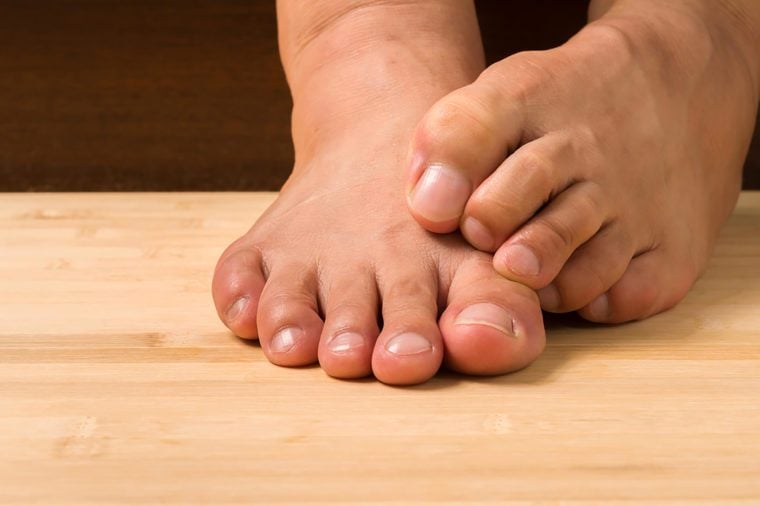
A number of non-medication treatments are available to help relieve sinus congestion. Some of the greatest options include humidifiers, saline nasal sprays, and saline nasal drops. Also, you can use these same home remedies for treating sinus infection without congestion.
2. Humidifiers

Humidifiers help to keep moisture from the atmosphere and prevent nasal passages from drying out. They have been especially effective in winter. With heaters running, the atmosphere within our homes has a tendency to wash quickly, which subsequently dries out nasal passages also makes it more difficult to breathe. Running a cool mist humidifier, especially while sleeping, may help reduce the risk of sore nasal passages and also thick congested noses from the morning.
3. Saline nasal spray
The saline nasal spray used a couple of times every day may help loosen congestion and improve drainage. This is just a safe and effective alternative for medication as a saline nasal spray is simply sterile salt water.
You should take caution to not overuse over-the-counter nasal decongestant sprays (such as Afrin), though. Using treated nasal sprays for over 3 to 4 days can increase congestion.
4. Neti Pot

Neti pots have already been used for many years to rinse the nasal cavities. There are several varieties available today in nearly any drugstore or store which includes a pharmaceutical section. Using a saline solution, you need to take advantage of this device that resembles a miniature teapot for rinse the mucus away from your nostrils of course, without taking medications.
5. Saline nose drops plus bulb syringe

Saline nose drops and the bulb syringe may be used in infants to extract drainage or thick mucus from the nose. Infants breathe through their noses, therefore it’s important that the nasal passages remain receptive. This simple method is effective and does not cause harmful side effects like many medications usually do.
- What Could be Causing Your Sinus Congestion?
- What could be causing that congestion?
Sinus congestion might be caused by numerous items, therefore it’s important to evaluate your additional symptoms too. When you have concerns about your symptoms, you should contact your doctor or health care provider.
- Do you have stuffiness and pain and pressure in your face and eyes? It’s most likely a sinus infection (sinusitis).
- Do you have a runny or stuffy nose, headache, and cough? It might possibly be described as a cold.
- Do you have a runny or stuffy nose, fever, body aches, and a cough? It’s most likely the flu.
- Do you have a clear runny nose and itching in the eyes or nose? It could possibly be seasonal allergies.
Sinus congestion can be really a symptom which is included with a great deal of upper respiratory infections and disorders. Most of the times that it goes away on your own however sometimes it ought to be treated with medication.
This information should not be substituted for advice from a certified healthcare practitioner. It’s meant to inform and educate not to diagnose any illness. Please contact your health care provider with questions regarding your health.

